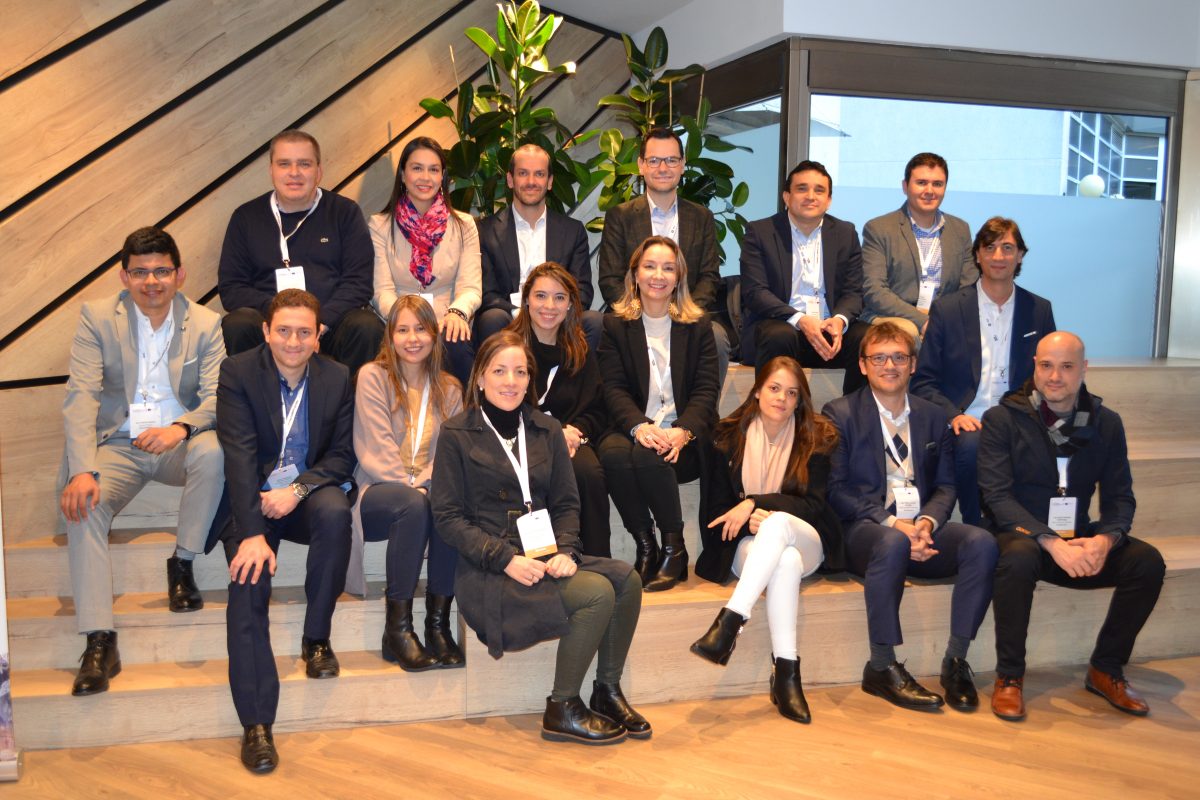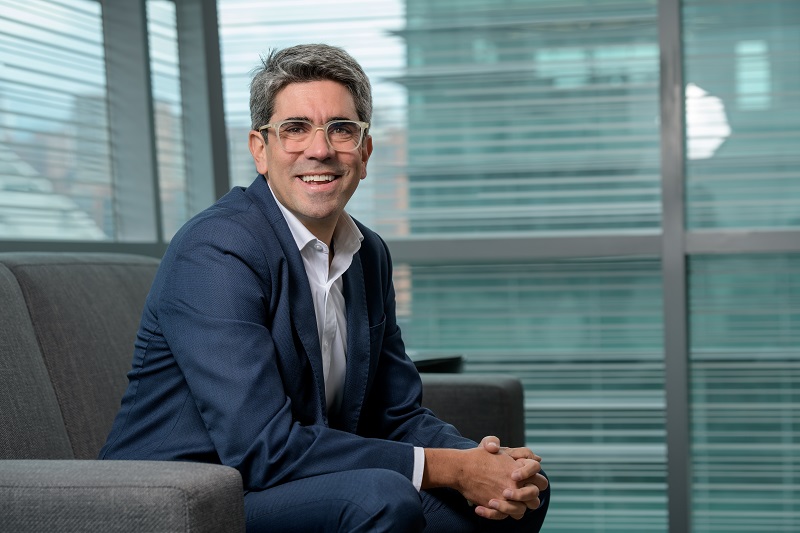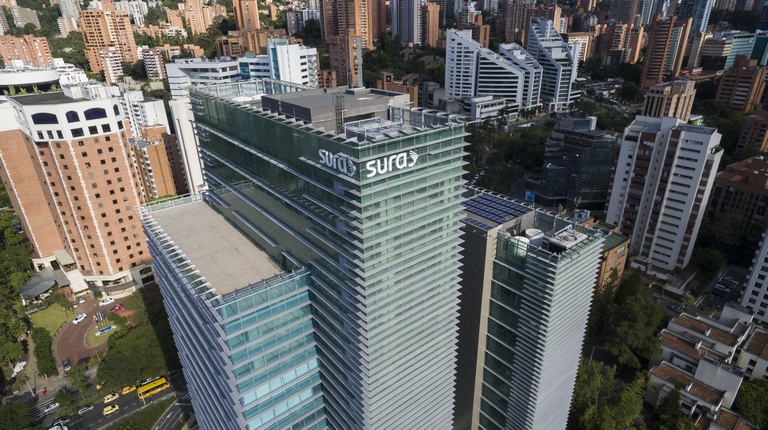• Suramericana, SURA Asset Management and Bancolombia participated in discussions about the role of financial services in the face of climate change in the Sustainable Investment Forum and IDB Invest panels and the Responsible Investment Principles Initiative.
• The Companies presented challenges and opportunities in aspects such as trend and risk management, investment criteria and financing models.
• COP 25 reiterates the importance of an articulated work between public and private sectors to accelerate the fulfillment of emissions targets and increase the global average temperature to 2050.
Concludes in Madrid the multilateral negotiations at the Twenty-Fifth Conference of the Parties (COP25) of the United Nations Framework Convention on Climate Change. In the meantime, this global meeting raised a consensus on the urgency of increasing coordinated and concrete efforts, also from the financial services industry, to contribute to the transition to a low-carbon economy and urge regulators to establish clear rules that facilitate clarify the so-called “green investments”.
In that sense, the three companies that are part of the strategic focus of Grupo SURA demonstrated their commitment to sustainable development and contributed their experience and knowledge from their businesses to contribute to face specific challenges of their industries in the face of climate change. For the delegation of 22 employees of SURA and Bancolombia, COP 25 was the opportunity to learn from other experiences and establish relationships with other public and private actors with the interest of contributing to the achievement of 2050 goals in emissions and temperature increase.
SURA Asset Management, as a relevant actor in the management of portfolios in Latin America, shared in the Sustainable Innovation Forum of the Climate Action organization the need to increase the incorporation of environmental, social and government criteria (ASG), for which It requires progress in standardizing and improving the quality of information that issuers report on these issues, which gives investors security and facilitates the decarbonization of portfolios.
“The environmental, social and government criteria (ASG) should not divide investments between good and bad, that is a mistake. As portfolio managers, we must work more hand in hand with companies that pollute the most so that they begin to reduce their emissions and evolve their business models”, said Juan Camilo Osorio, Vice President of Investments of SURA Asset Management during his speech.
In the same forum, Suramericana shared his knowledge about trend and risk management by leading a discussion table on proposals to finance sustainable mobility. In conclusion, the responsibility of the private sector in accompanying people's change of habit is recognized, as well as working together with governments to promote the use of cleaner energy in mobility from urban planning and public policies.
“From Seguros SURA we seek to deliver capacities to people and companies to be competitive and sustainable in the face of risks linked to climate variability and change. That is why we seek to accompany them through the financing and management of physical and transition risks in the transformation towards a low carbon economy”, concluded Juan Pablo Loureiro, Solutions Manager of Suramericana.
Bancolombia also participated in two panels at the request of IDB Invest, the private sector investment arm of the Inter-American Development Bank, and the Principles for Responsible Investment Initiative (PRI).
In the first, the role of countries that are not among those that contribute most to climate change emissions and the financial and social role of banks in the face of this phenomenon were addressed. “In recent years we have made sustainable bond issues for about COP 1.3 billion and another issuance, in Panama, of USD 50 million in women's bonds to help head mothers in the development of SMEs. At the same time, we work in Colombia with the regulator to define a taxonomy baseline and metrics to know what it is and is not green investment, ”said Cipriano López, Bancolombia Sustainability and Innovation Leader.
In the PRI panel, challenges and opportunities to align financial sector strategies with a low carbon development agenda were addressed. “You can work with those clients willing to transition scenarios and lower issues with incentives such as preferential lines of credit, longer financing periods and expert advice. We identify opportunities to accompany sustainable development with profitability and social and environmental impact in sectors such as energy, construction, agriculture, electric mobility, among others”, said Franco Piza, Director of Sustainability of Bancolombia.











